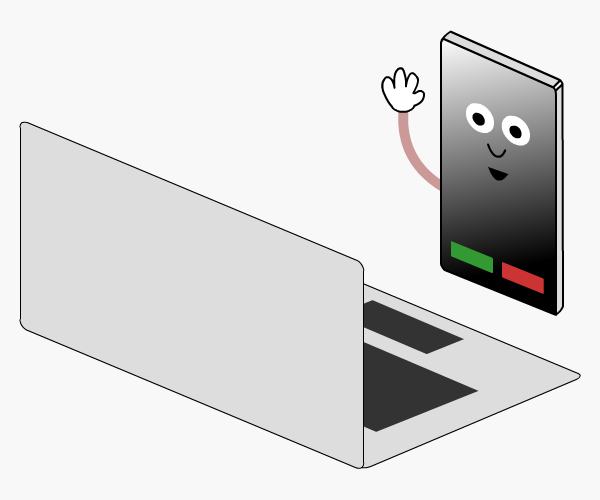
We all spend a fair amount of time online, whether this is for school, work or for social reasons. Usually it is beneficial and we gain much from our use of IT and new media. However, sometimes things do not go too well, often due to the behaviour of others. This blog will examine some of the reasons why some people exhibit unacceptable behaviour online.
Why Some Behave Unacceptably Online
For many people, being online lowers their inhibitions. This may lead to them saying and doing things they would not normally do. Part of this is down to the anonymity factor — they feel invincible because nobody knows who they really are — they feel anonymous online. They often use screen names and this can lead to extreme rudeness, bad language and an unpleasant attitude. They may feel that nobody will ever find out who they are, so what does it matter?
Studies have shown that the lack of eye contact and other nonverbal communication can cause people to be unpleasant. This often results in cruel and spiteful behaviour. When people act in a thoughtless or uncaring manner it can lead to hostile online environments.
The above examples are all extremes, and most people do not behave in such a rude way. However, many of us are guilty of acting in an insensitive or careless way when communicating online. We may not always think about what we are going to say or do, and we can unintentionally hurt the feelings of others. This is why netiquette is important.
A Definition of Netiquette
What is netiquette, and how can it help us remain safe and secure online? Netiquette is the correct and acceptable way of using the internet. It includes how to behave online as well as how to speak and interact with others in a respectable manner. Learning about netiquette is one of the fundamental skills needed when communicating on a variety of electronic devices and digital platforms. It teaches people to respect others and sets a framework for tackling bad behaviour.
We could all benefit from considering how we behave in relation to our use of technology. This includes using our mobile phone or tablet at inappropriate times, such as at the dinner table or when someone is trying to have a conversation with us. It is also unacceptable to text in all capitals as this is perceived as shouting. Netiquette can act as a guide with these issues as well as other ways of behaving online.
It is good to think about how we behave and how we communicate with others both online and offline. This will ensure we are respectful of others and the online world is a pleasant place to reside.
IT and New Media Resources
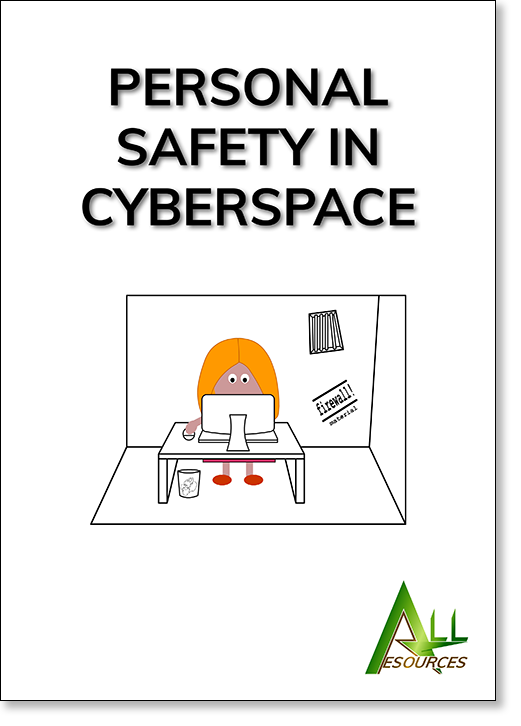
Personal Safety in Cyberspace
This pack looks at the dangers of online grooming, malicious software, webcams, cyberbullying and scams.
- Age range: 12 years and upwards
- Category: Schools
- Last revised: 2023
- Pages: 73
- Illustrated throughout
Hard copy: £25.99 add to basket
IT and New Media Lesson Plans
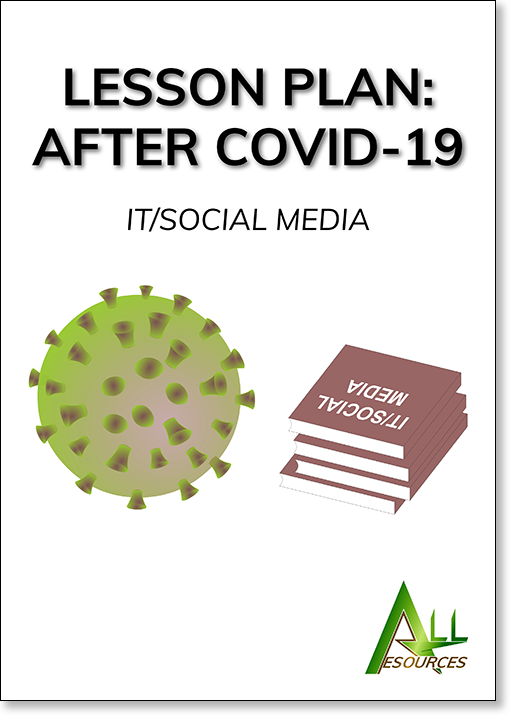
After COVID-19 — IT/Social Media
A lesson plan that looks at IT and social media and their uses during the coronavirus lockdown.
- Age range: 12 years and upwards
- Category: Lesson plan
- Last revised: 2021
- Pages: 15
- Duration: 55 mins – 1 hour
Hard copy: £10.99 add to basket
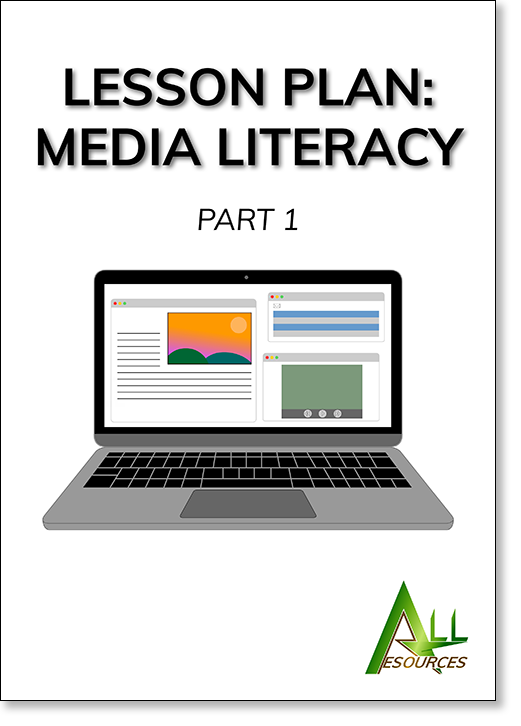
Media Literacy — Part 1
This covers skills linked to media literacy including definitions and handouts for the classroom.
- Age range: 12 years and upwards
- Category: Lesson plan
- Last revised: 2022
- Pages: 17
- Duration: 1 hour
Hard copy: £10.99 add to basket
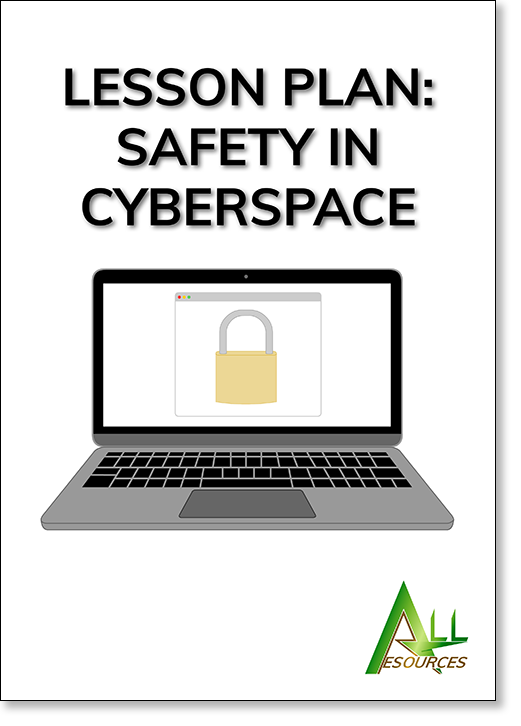
Safety in Cyberspace
This lesson plan examines the dangers of the internet and how to stay safe on the web.
- Age range: 12 years and upwards
- Category: Lesson plan
- Last revised: 2022
- Pages: 14
- Duration: 50 mins – 1 hour
Hard copy: £10.99 add to basket
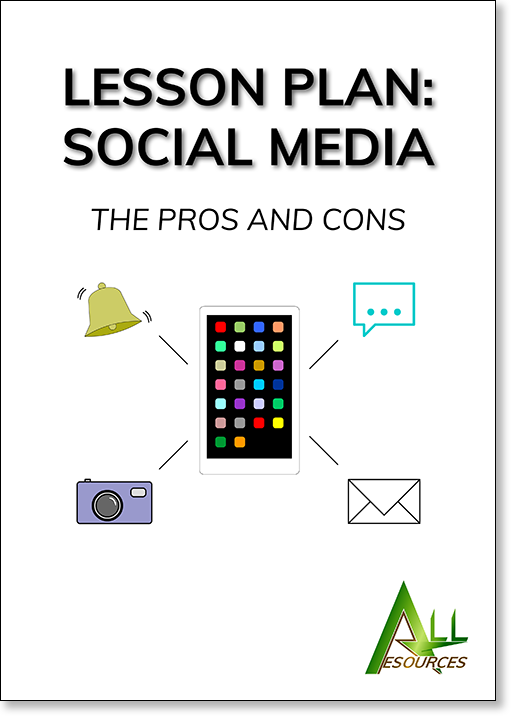
Social Media — The Pros and Cons
A lesson plan on social media. It goes into the benefits of social media as well as social media safety.
- Age range: 12 years and upwards
- Category: Lesson plan
- Last revised: 2022
- Pages: 18
- Duration: 1 hour 20 mins
Hard copy: £10.99 add to basket

Phishing Scams
A lesson plan on phishing and the different types of phishing scams used online.
- Age range: 12 years and upwards
- Category: Lesson plan
- Last revised: 2022
- Pages: 15
- Duration: 55 mins – 1 hour
Hard copy: £10.99 add to basket
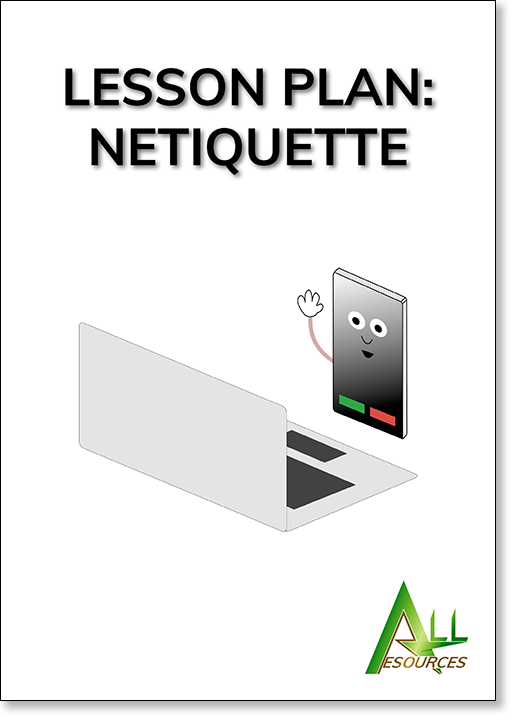
Netiquette
A lesson plan on netiquette and the different ways of behaving online.
- Age range: 12 years and upwards
- Category: Lesson plan
- First published: 2022
- Pages: 10
- Duration: 55 mins – 1 hour
Hard copy: £10.99 add to basket



